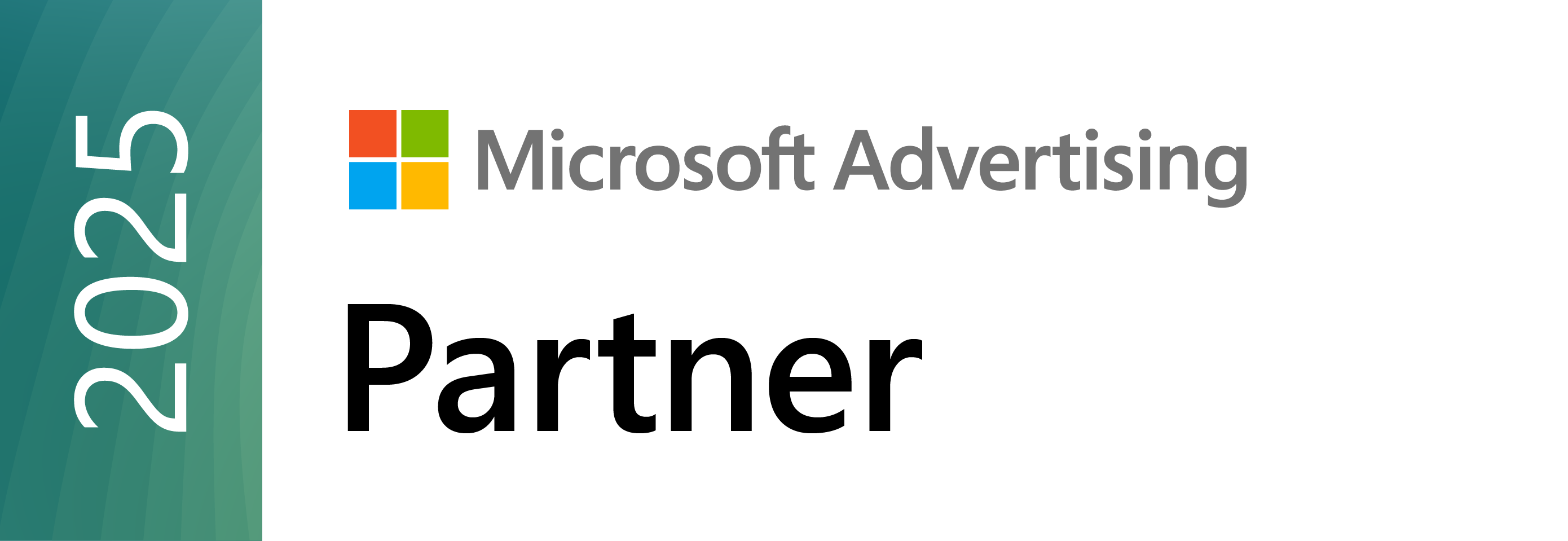
Facebook rolled out some major changes to its news feed in January 2018. Since then, everyone from marketers, to brands, to news publishers has been flipping out.
But is the freak out justified?
We’re here to talk about what’s changed, how it affects brands and marketers, best practices moving forward, and why it’s not the end of the world as we know it.
The algorithm change will now favor content from friends and family over posts from companies. It’s now less about sharing what’s timely and relevant, and more about content that will allow users to have “more meaningful social interactions,” as Facebook puts it.
The second half of the announcement is a significant pivot in how Facebook favors content. Videos won’t be favored nearly as much as they were.Posts that receive passive scrolls and low-quality engagement will also be shown less frequently and to less people.
On the flipside, Facebook will prioritize posts that generate long, thoughtful replies.
This new change comes from Mark Zuckerberg’s desire to fix Facebook and the scrutiny it had in 2017. The CEO explained that, “By focusing on bringing people closer together – whether it’s with family and friends, or around important moments in the world – we can help make sure that Facebook is time well spent.”
Facebook will start to filter out clickbait-style promotions (i.e. like for puppies and heart for cats), and pressure brands to create more meaningful content.
Zuckerberg explained:
“As we roll this out, you’ll see less public content like posts from businesses, brand and media. And the public content you see more will be held to the same standard – it should encourage meaningful interactions between people.”
Facebook is going to limit the reach and impressions an ad will receive. To see success, most posts should now be optimized for engagement. Because the update will trigger a limited ad inventory, expect to see average CPM (cost per thousand impressions) and CPR (cost per revenue) to increase.
Tread very lightly when asking for engagement. Zuckerberg stated that any posts asking people to like, share, tag a friend or comment will be demoted in the new algorithm. To generate authentic engagement, we recommend asking lead questions, or finding new, unexpected content themes that spur discussion on their own.
Tactics like live videos, Messenger, events and groups on Facebook will show higher in the news feed. By choosing these methods, you may be able to keep ad costs down and reach new users in places your competition hasn’t discovered.
With the new algorithm, it’s much more important to post quality content than maintain a high post cadence. Before creating a post, think of your audience – will this be helpful, educational or entertaining and strike a conversation, or is it just filler?
Influencers have been steadily gaining ground in recent years, but they’re about to become a brand’s best friend with the new Facebook update.
Why? Because they’ll be treated less like publishers, and more like family and friends, which means more eyes on their sponsored content. Coupled with the fact that influencers typically have a passionate, well-connected audience, and users tend to trust them more than publishers (it’s the human-to-human thing), we expect influencer content to be a top digital tactic in 2018.
The new update may very well the final nail in the coffin for organic posting. Simply put: it’s just not worth creating content if it won’t be seen. Paid isn’t just a strategy on social anymore, it’s the only way to gain attention and beat out your competitors.
By shifting from organic to paid, creating more thought-provoking and unique content, posting less filler, and optimizing for engagements, publishers shouldn’t see a significant change in their Facebook presence.
It’s important to follow these new guidelines, as it’s one of the few times the big blue machine has been so transparent about the way it displays content in the news feed.
The change may not be as negative as everyone thinks! Positive: it could help declutter Facebook’s ad inventory and create a better opportunity for brands that evolve with the algorithm.
Need help navigating the big change? We’d love to socialize with you.
Get marketing insights that actually move the needle — directly in your inbox.



